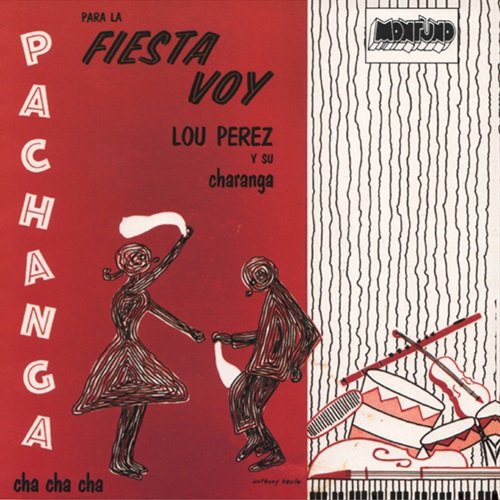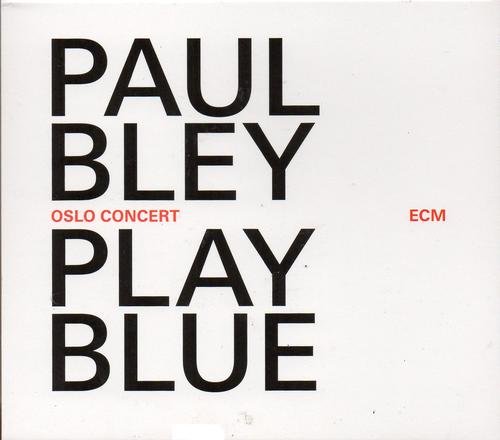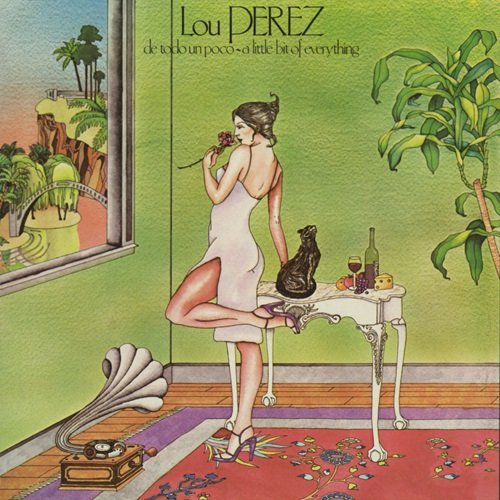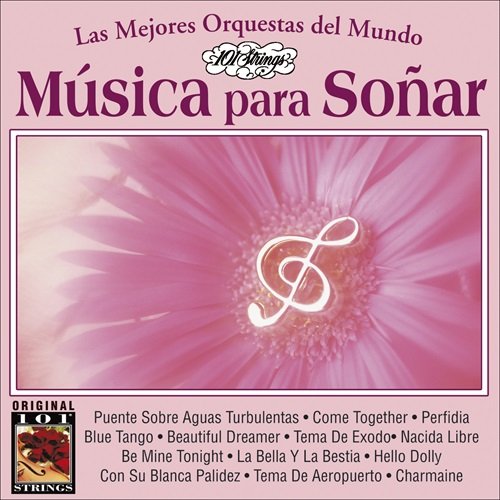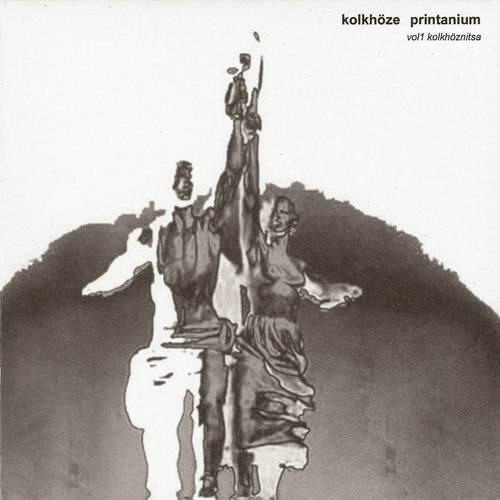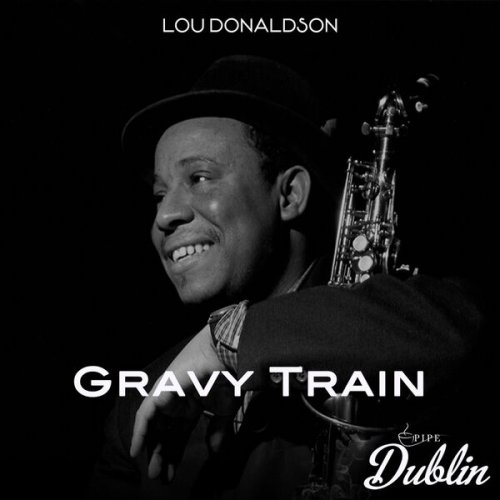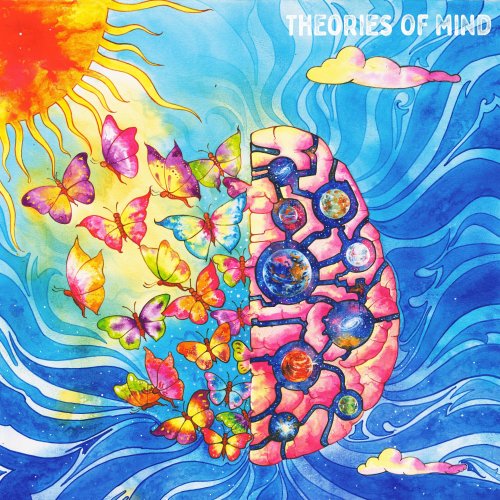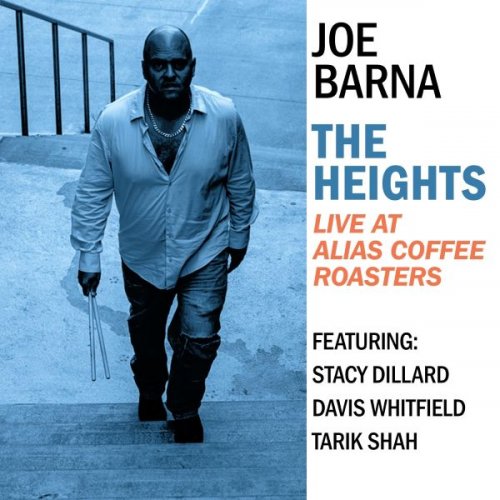Philippe Graffin, Turku Philharmonic Orchestra - Tauno Marttinen: Violin & Piano Concertos & Phantasy for Cello & Orchestra (2013) [Hi-Res]
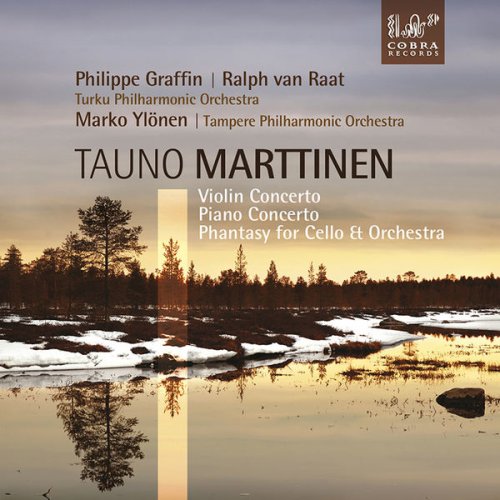
Artist: Philippe Graffin, Turku Philharmonic Orchestra, Ari Rasilainen
Title: Tauno Marttinen: Violin & Piano Concertos & Phantasy for Cello & Orchestra
Year Of Release: 2013
Label: COBRA RECORDS
Genre: Classical
Quality: flac lossless / flac 24bits - 88.2kHz +Booklet
Total Time: 00:55:02
Total Size: 250 mb / 1 gb
WebSite: Album Preview
TracklistTitle: Tauno Marttinen: Violin & Piano Concertos & Phantasy for Cello & Orchestra
Year Of Release: 2013
Label: COBRA RECORDS
Genre: Classical
Quality: flac lossless / flac 24bits - 88.2kHz +Booklet
Total Time: 00:55:02
Total Size: 250 mb / 1 gb
WebSite: Album Preview
---------
01. Violin Concerto Op. 13, MV 63 I. Moderato - Presto - Prestissimo
02. Violin Concerto Op. 13, MV 63 II. Lento Misterioso
03. Violin Concerto Op. 13, MV 63 III. Allegro Vivace
04. First Piano Concerto Op. 154, MV 65 I. Allegro
05. First Piano Concerto Op. 154, MV 65 II. Adagio
06. First Piano Concerto Op. 154, MV 65 III. Allegro molto
07. Phantasy for Cello & Orchestra Op. 154, MV 84 I. Adagio - Allegro
08. Phantasy for Cello & Orchestra Op. 154, MV 84 II. Adagio
09. Phantasy for Cello & Orchestra Op. 154, MV 84 III. Allegro molto
Tauno Marttinen’s life encompassed almost all of the 20th century. Living from 1912 to 2008, he lived to be nearly 96 years old. He was born in Helsinki and studied in Viipuri, which was then one of the most important and vital towns of Finland. As a young man he played the piano in restaurants and places of entertainment; he also wrote and arranged Finnish tangos, a.o. for the Finnish tango-singer Olavi Virta (1915-1972), who would later become very famous.
During the early decades as a composer he wrote in a romantic idiom. In the middle of the 50s he left this behind and became one of the leading composers of Finnish modernism.
“In the early sixties we were all influenced by Schönberg, whether we liked it or not. For many, however, this method of composition became overwhelmingly mathematical and abstract, without feeling, spirituality and freedom,” Marttinen states.
Freedom was of the utmost importance to Tauno Marttinen. He viewed dodecaphonic music as a headlong rush from the rules that govern classical music. In turn, the consequence for him was that this twelve-tone principle should never be allowed to rule music mathematically, because this would rule out freedom.
